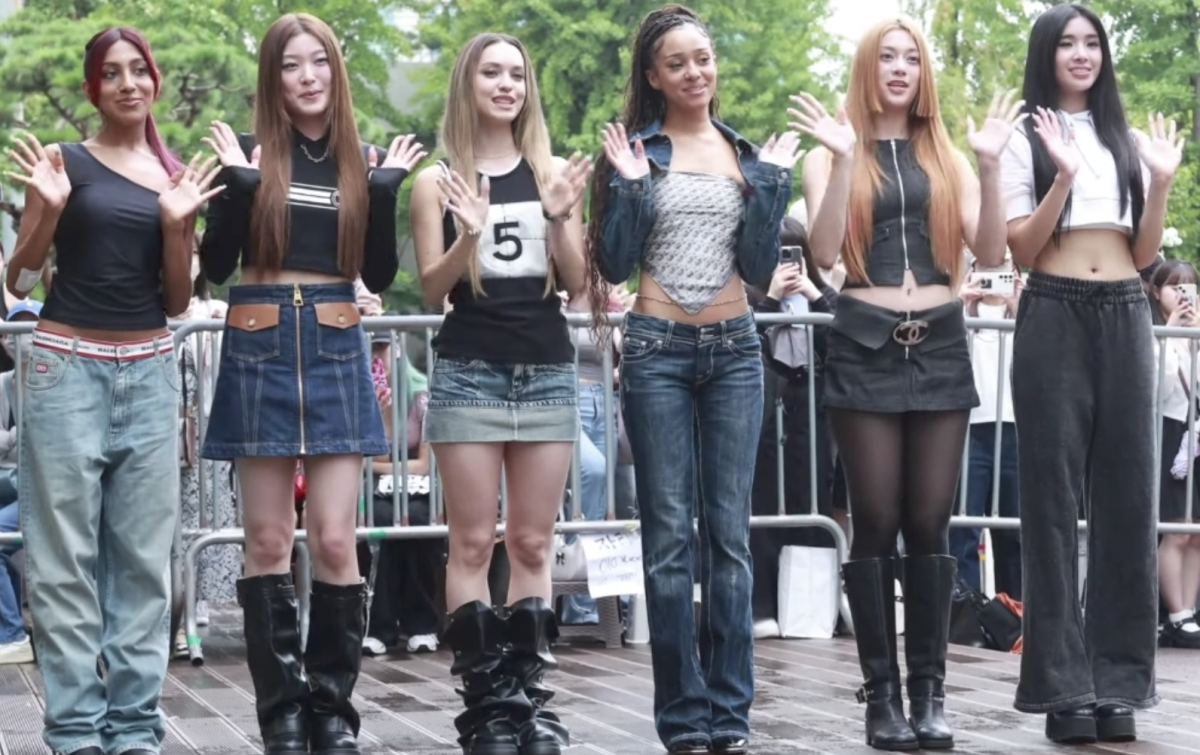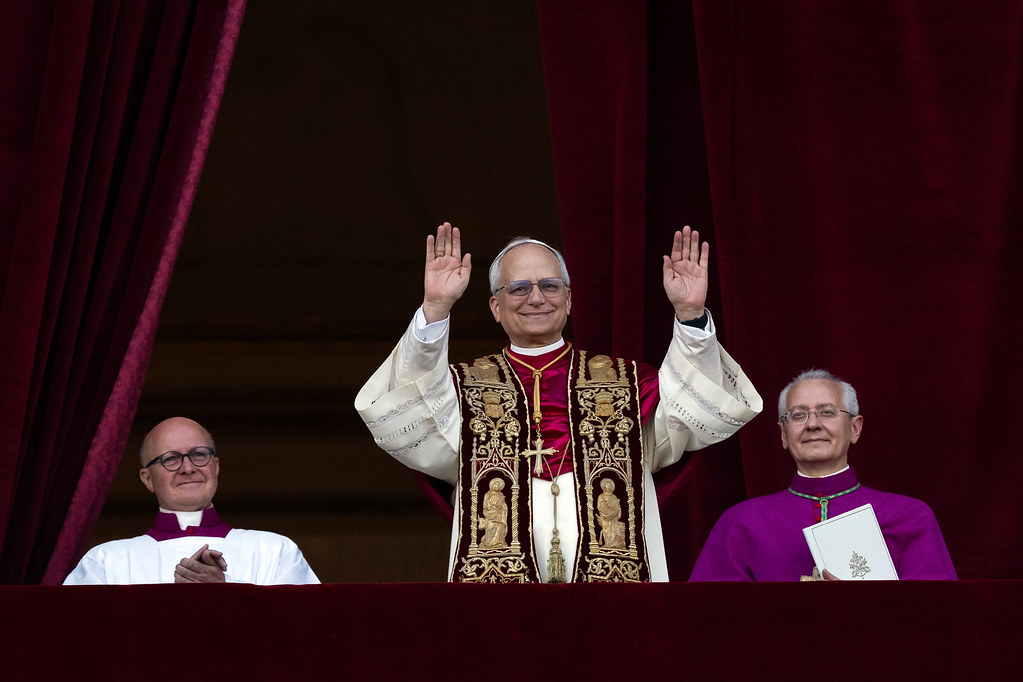September 21st: During open debate in the United Nations, before Volodymyr Zelensky can even finish his statement, he is interrupted by a Russian representative. This statement, asking for Russia to lose its veto power on the UN Security Council (UNSC), was a watered-down version of what currently (according to the UN charter) can actually happen. That being, either the nation will need to be removed from the UN altogether, at least until it can amend its ways, or a change to the UN charter will need to be made.
As background, the Security Council always has five members with veto power, which has included China, Russia, France, England, and the US for many years. China, being the People’s Republic of China, after Taiwan lost its seat in 1971. There are also ten other members voted in every two years, who are important in majority decisions.
According to “How to Expel Russia from the Security Council” on Hills.com, the first step would be to pass the resolution from the UNSC to the General Assembly (GA), which could be tricky in itself if China chooses to veto. If it did pass through, a ⅔ majority +1 would need to occur, which only happened with the Republic of China (Taiwan). This is relevant because if Russia loses its spot on the UN, it loses its spot on the UNSC, but according to Article 27, Number 3, its veto power cannot be revoked alone.
Before it is decided whether Russia should stay in the UN with the loss of some privileges, or whether Russia should be entirely expelled from the UN, it needs to be questioned as to whether anything of this nature should happen. According to “Helsinki Commission Recommends Kicking Russia Off the UN Security Council-Not so Fast, Experts Say” on Foreignpolicy.com, the current permanent body on the Security Council does not reflect the world accurately, but specifically how is very debatable. What is clear is that Russia has committed human rights violations bordering on genocide in Ukraine, and violated the terms in 1991 to have Moscow replace the USSR’s seat on the UNSC by invading a surrounding nation. However, if Russia retains its position in the UN, it could use its veto power to prevent being condemned for its invasion of Ukraine and the actions associated with it. Yet if the US is the major backer of an initiative against Russia, it could set a precedent for the “West” to kick out nations it doesn’t like, which may worry smaller nations in the General Assembly.
In the past, Zelensky had made a promise to reinstitute Russia’s prior position if it changed its ways. However, it now seems that Ukraine is vying to replace Russia’s seat on the UNSC. It cannot be forgotten that an action as momentous as the removal of Russia will leave a gaping hole other nations will be jumping to fill. As an alternate solution, President Biden has mentioned adding, not removing, permanent seats to the Security Council to increase representation in Africa, Latin America, and the Caribbean, which may be a crucial step in achieving a more equitable UN. It may be best to leave it to the seasoned diplomats for the most complicated aspects, so all that can be concluded here is this: the world cannot afford to let the UN turn into another League of Nations, weakened by the absence of a major world player.













